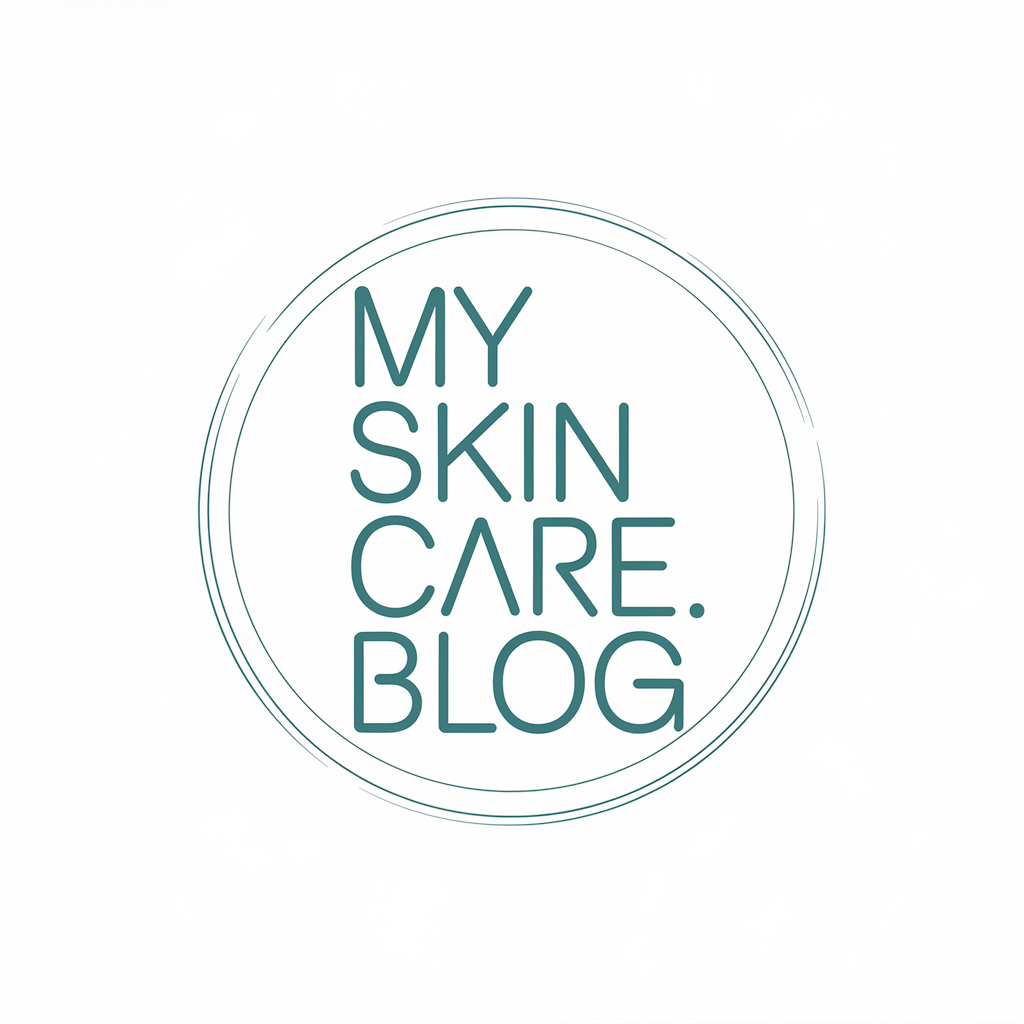How Diet Can Make or Break Your Skin Health
Key Takeaways
- Nutrient-rich foods like avocados, berries, and fatty fish provide essential vitamins and healthy fats for skin hydration and elasticity.
- Antioxidants from fruits and vegetables help combat oxidative stress, improving overall skin appearance and health.
- High-glycemic foods and dairy can trigger skin issues like acne and eczema, making dietary awareness crucial for skin management.
- Adequate hydration through water intake supports skin elasticity, reduces aging signs, and prevents dryness, promoting healthier skin.
- Supplements like vitamins C and E and omega-3 fatty acids can further enhance skin health, supporting collagen production and reducing inflammation.
Key Nutrients for Healthy Skin
When it comes to maintaining healthy skin, the right nutrients play a crucial role in supporting its structure and function. Your diet should include vitamins A, C, E, and omega-3 fatty acids, as these help promote hydration, elasticity, and overall skin integrity. Antioxidants found in fruits and vegetables also combat oxidative stress, enhancing your skin’s resilience and appearance. Additionally, avoiding dietary items that harm skin health is essential for achieving a clear and glowing complexion. Prioritize these nutrients for optimal skin health.
Foods to Embrace for Radiant Skin
To achieve radiant skin, incorporating specific foods into your diet can make a significant difference. Focus on nutrient-rich options that provide antioxidants, vitamins, and healthy fats.
Consider adding the following to your meals:
- Avocados for healthy fats
- Berries for antioxidants
- Spinach for vitamins A and C
- Fatty fish for omega-3s
- Nuts for vitamin E
Your skin will thank you! Additionally, adopting a diet rich in nutrient-rich options can lead to visible improvements in your complexion over time.
Common Dietary Triggers of Skin Problems
While certain foods can enhance your skin’s appearance, others may contribute to various skin issues.
High-glycemic foods, like white bread and sugary snacks, can trigger acne flare-ups. Dairy products might also exacerbate conditions like eczema or rosacea.
Additionally, processed foods rich in trans fats can lead to inflammation. Staying mindful of these triggers can help you manage and improve your skin health effectively.
The Role of Hydration in Skin Health
Hydration plays a critical role in maintaining healthy skin, influencing everything from elasticity to complexion. Drinking enough water not only keeps your skin plump but also boosts its barrier function.
- Enhances skin elasticity
- Reduces signs of aging
- Improves overall complexion
- Prevents dryness and flakiness
- Supports skin healing processes
Additionally, incorporating effective hydration techniques, such as moisturizing products, into your routine can further enhance your skin’s appearance and health.
Supplements That Support Skin Wellness
Although a balanced diet is crucial for skin health, certain supplements can significantly enhance your skin’s appearance and function.
Vitamins C and E, along with omega-3 fatty acids, support collagen production and fight inflammation.
Additionally, probiotics promote a healthy gut, which may reflect on your skin.
Incorporating these supplements into your routine can boost your skin’s overall wellness effectively. Furthermore, a diet rich in nutrient-rich foods can further enhance your skin’s vitality and promote a youthful glow.
Practical Tips for a Skin-Friendly Diet
How can you transform your diet to better support your skin health?
Start by incorporating a variety of nutrient-dense foods. This ensures that you provide your skin with the essential nutrients it needs.
- Eat fatty fish high in Omega-3s
- Include colorful fruits and vegetables
- Stay hydrated with water
- Opt for whole grains over refined carbs
- Limit sugar and processed foods





